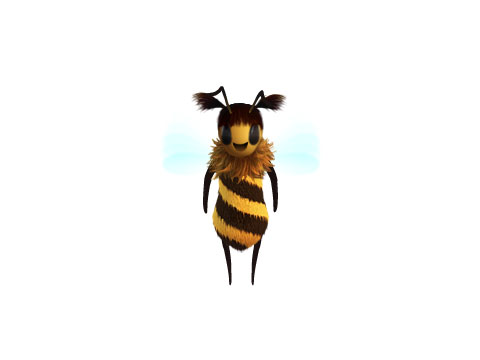 Mark and I had a very typical pleasant Saturday for us--we went for a walk in the morning, did some errands, went out to breakfast, and then spent the afternoon sleeping or in contemplation. We saw a whimbrel! We also saw many ruddy ducks enjoying their duckdom.
Mark and I had a very typical pleasant Saturday for us--we went for a walk in the morning, did some errands, went out to breakfast, and then spent the afternoon sleeping or in contemplation. We saw a whimbrel! We also saw many ruddy ducks enjoying their duckdom.I've been cooking Arabic food recently, and it was fun to test a few dishes out on Sara and Joe yesterday evening. We had the last of a salad made with arugula from their garden this evening. Yum! I miss gardening. More cooking and company soon, I hope.
Uh, and job applications, bids for contracts. I complain, but I still like it better than my previous full-time jobs. The more I am supervised, the less happy, productive and responsible I'm likely to be.
I'm reading The Idea of Wilderness, by Max Oelschlaeger--a late holiday gift from Mark. I've only just begun, and so am still in the Paleolithic era. It's interesting to me how much this first chapter reads like a Freudian/Lacanian description of pre-mirror stage/separation from mom. Even though Oelschlaeger goes to a great deal of trouble to say things like "The assumption that Paleolithic people were mere children in comparison to us, a later, adult phase of humanity, is dubious" (16), the descriptions of Paleolithic people's "harmony with rather than exploitation of the natural world" (17) and Magna Mater give me pause in a (perhaps boring) feminist way. I'll be interested to see how/if the book looks at the (perhaps rather predictable) parallels between wilderness and the feminine it seems to be setting up.
This quote from Lucy Lippard pleasantly skipped me up with the word "ambivalent":
"Visual art, even today, even at its most ephemeral or neutralized, is rooted in matter. Transformation of and communication through matter--the primitive connection with the substance of life, or prima materia--is the rightful domain of all artists. Add to this the traditional, and ambivalent, connection between women and nature, and there is a double bond for women artists." Oelschaleger quotes this on page 23, but it's from Overlay: Contemporary Art and the Art of Prehistory (New York: Pantheon, 1983), 51.








No comments:
Post a Comment